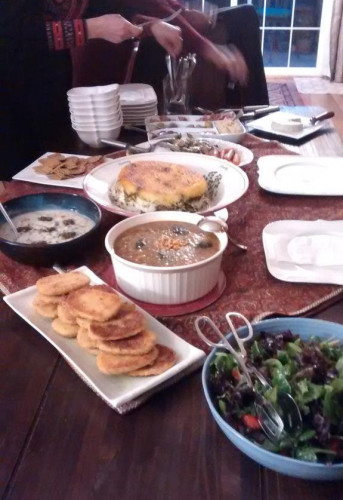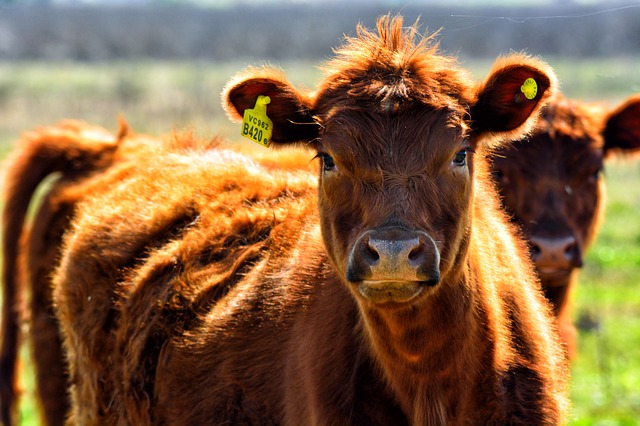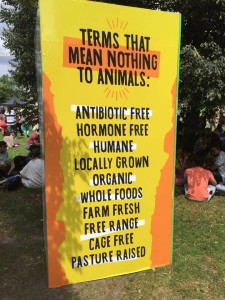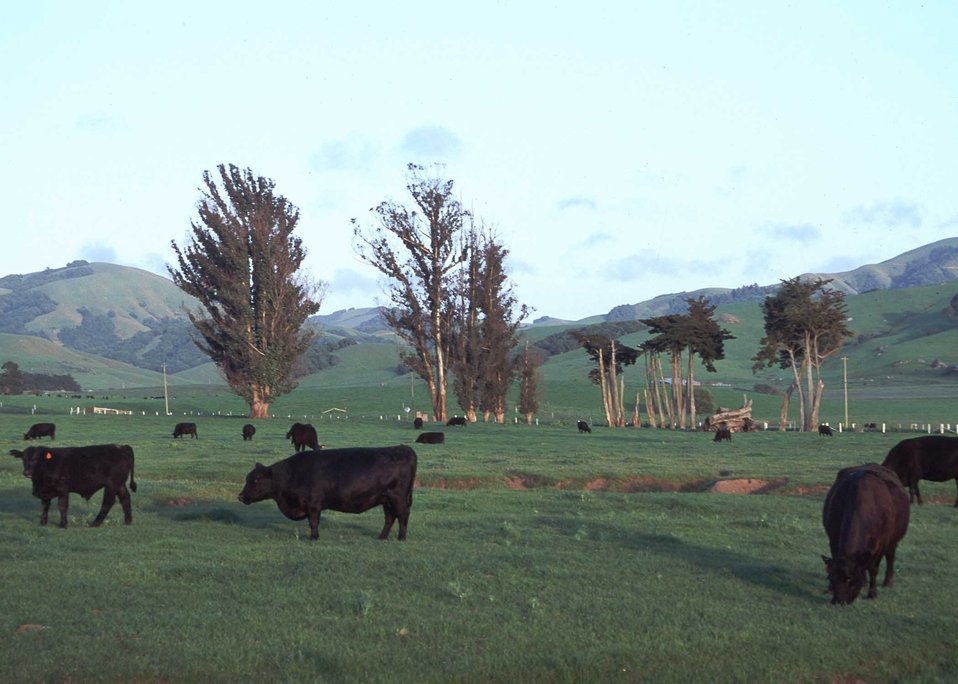I didn’t intend to do food posts but I do wish that the search terms “Persian/Iranian + vegan” would bring up more results, so here it is.
A vegan Iranian friend invited me to celebrate Norooz at her house this year and this is the vegan dinner with which we celebrated new beginnings and the new year.

For Norooz, it is traditional to eat fish with herbed rice. We stuck to tradition – somewhat. Tradition is not an excuse for cruelty, so we upheld both tradition and compassion and enjoyed some mock fish. We also had ash reshteh, mast khiar, stuffed eggplant that’s not pictured, torshi, olives and other sides, salad and baklava for dessert. Let me say again for the search engines that this was an entirely vegan Persian dinner.
The main chef was my friend’s 73-year old vegan Persian mother, a woman who loves animals and has participated in several protests with Direct Action Everywhere. Protest is not only for the young, and veganism is not only for the West. There is a notion that elderly people, working-class people, non-Westerners, and people of color are stuck in their ways. They can’t understand animal liberation and they won’t give up their favorite dishes. It’s not true though, people from all demographics are choosing plant-based diets, for health, spirituality, sustainability, and for compassion.
A few years ago, I exchanged a few pleasantries with some students at work. One of them asked me where my name was from. I said Iran and without missing a beat, he asked if Iranian food had a lot of meat. It seemed like such a random question: he didn’t know that I was vegan and we were not in a place with food or any reference to food. He might have been speaking of food with his friends but from my vantage point his question came out of nowhere. Then again, not entirely out of nowhere.
At the time, San Francisco was experiencing the full force of the foodie obsession with meat done right and with the appreciation of tradition and culture as cardinal virtues come mealtime. I was working at a yoga studio that sold copies of the book Nourishing Traditions, which positioned Tradition with a capital T against the unbalanced and déraciné take on food of the modern West. It relied on a few meat-heavy traditions to convey a generic and universalist idea of Tradition and forgotten wisdom, and its populistic tone was effective in delegitimizing vegetarianism in the minds of many readers.
The man who asked about Iran was from Argentina, which is one of the few countries that rivals the US with its obsession with meat. This could explain his enthusiasm for meat and perhaps his implicit adoption of the notion that of course, all traditions are meat based. In the case of Iran, this isn’t true. While most Iranian dishes contain some meat or dairy, I contend that Iranian cuisine is one of the most easily veganizable. It does not seem to have been developed with meat as the central feature. If you take a steak dinner and remove the steak, you’re left with some potatoes and a sprig of parsley. On the other hand, if you take adas polo or ghormeh sabzi and omit the meat, you’re left with complex flavors and satisfying dishes in their own right.
Amongst the Diaspora and in Iran, meat is now consumed often and in relatively large quantities but this is a recent development, as in most of the Global South. The chunks of meat in khoreshs have gotten bigger and more numerous, kebab has become more than an occasional treat. I once asked my dad how often he ate meat as a child and he answered with the impatient tone reserved for stupid questions, “people didn’t have money in those days!” By the standards of a third-world country in the 1950s, my dad wasn’t poor. He had shoes and my grandfather had a decent white-collar job, but meat was not eaten daily. I might as well have asked if everyone had a car.
Remove meat and dairy from Persian food and you still have one of the most sophisticated and flavorful cuisines in the world. But perhaps you have money for meat and you want that umami richness – I get it. It’s a great opportunity to play with new ingredients. Make kookoo with chickpea flour and black salt, learn to make your own nut-based feta and seitan, and divert that meat budget to wonderful plant-based alternatives.
I am not a stickler for authenticity. We’ve seamlessly incorporated tomatoes (“foreign berries”) from Mexico and potatoes from Peru into our khoreshs – why not also adopt the delicious mock meats that our East Asian neighbors have developed for centuries? This Norooz, my friend’s mom tasted mock fish for the first time and said “Why would anybody kill a poor fish when they can eat this delicious food instead?” Why indeed.
It’s often thought that non-Westerners can’t and won’t change their ways, but perhaps more questionable is the idea that they shouldn’t. Westerners have profited off the destruction of cultures and economies around the world and now want to be the guardians of authenticity and maintaining others’ traditions. For the benefit of whom? Somehow it’s always imperative to “experience culture” when it comes to tasting grilled llama or roasted pig but there’s less enthusiasm about partaking in the authentic experience of eating beans three times a day. The westernization of diets also doesn’t seem to concern many when it takes the form of skyrocketing milk and meat consumption, which is the problem that most people are actually experiencing. So what is this trend really about?
The former colonialists want to display their now-enlightened relationship to non-Western peoples by the gratuitous consumption of their folklore. Meanwhile, peoples’ food systems, livelihoods and lifestyles are still being eroded because imperialism has simply taken new forms. If you want to resist this, there are better ways to do it than fashioning yourself into an Anthony Bourdain and shaming people away from animal liberation.
Let’s not selectively uphold traditions – or our idea of them – to resist social change. The beautiful culinary traditions of the world can and should still be appreciated as we build a world where animals are friends, not food. As all living traditions, cuisines continually evolve, and what better reason to do so than compassion?




